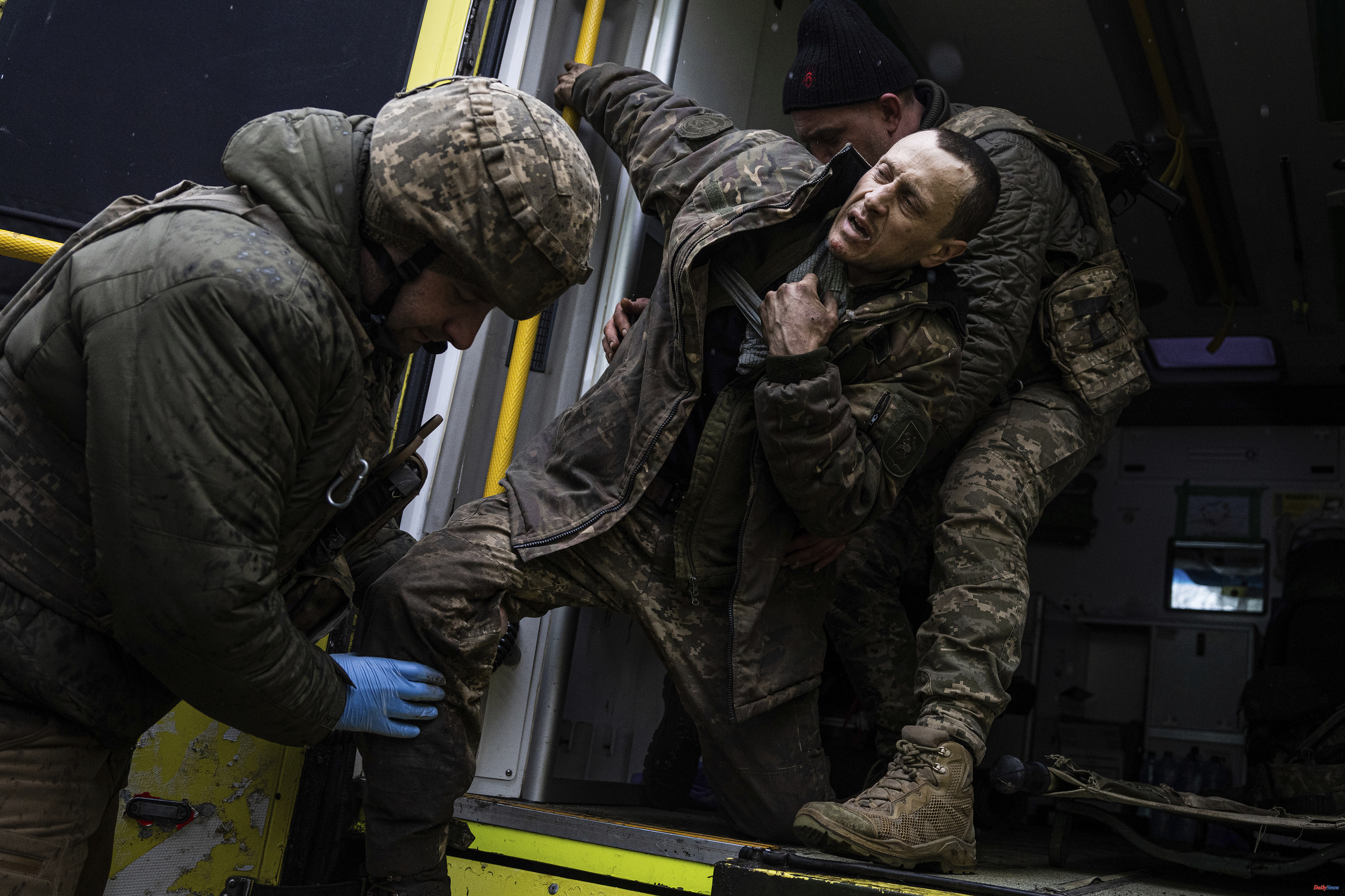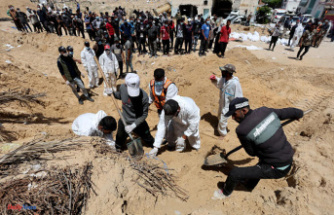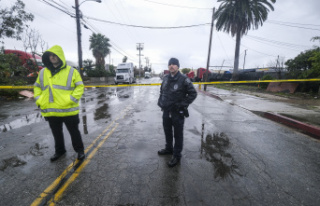The Russian army's advance in Bakhmut, the longest battle of the Ukrainian war, has stalled in recent weeks due to "the extreme wear and tear" suffered by Vladimir Putin's military forces, according to British Defense Ministry sources.
The same sources assure that the stalemate is also due to the growing tensions between the soldiers of the Russian army and the mercenaries of the Wagner Group (founded by Putin's "cook", Yevgeny Prigozhin) who have seized the initiative in Bakhmut in the offensive launched since the month of January.
After several weeks of hard fighting, with the front established on the river that divides the city (turned into a veritable "death zone"), the Russian army has returned to "defensive operational positions, after inconclusive results to launch a general offensive from January 2023".
Bakhmut is considered a strategic enclave to control the Donbas region, in eastern Ukraine. Following the capture of the mining town of Soledar on January 16, the capture of Bakhmut became the first Russian objective on the first anniversary of the war in February.
The Wagner Group even claimed control of the city center, but the Ukrainian forces turned Bakhmut into a symbol of resistance and responded to the offensive with a hail of fire that -according to their own estimates- caused between 100 and 300 daily deaths in the Russian army and in the militias of the Wagner Group.
The intelligence services of the British Ministry of Defense have detected in the last hours a movement of troops towards the south of northern Bakhmut (Avdiivka and Kremina-Svatove), considered as areas in which Russia "probably aspires only to stabilize the front". , in a clear indication of the problems to continue with the offensive.
For his part, the Ukrainian commander Oleksandr Syrskyi declared that the Wagner Group "is considerably losing strength in Bakhmut" and assured that the Russian army had suffered more than a thousand casualties in the last 24 hours in unsuccessful attacks in Lyman, Avdiivka, Marinka and Shakhtarsk. .
"We will soon take advantage of this opportunity, as we did in Kiev and Kharkiv," Syrskyi anticipated, hinting at a possible counteroffensive in the coming days to force a Russian withdrawal in Bakhmut, which would have high symbolic value for Ukraine.
Yevgeny Prigozhin himself recently expressed concern about a new Ukrainian counteroffensive, amid increasingly evident friction between his mercenary army and Russian soldiers over the high number of casualties on the Bakhmut front in recent weeks.
The first Russian attacks on the city occurred in May 2022, although the offensive actually began on August 1, with the Wagner Group leading the charge and the Russian army and militiamen from separatist groups in support. Following Ukrainian counteroffensives in Kharkiv and Kherson, the focus of Ukraine's war shifted to the Soledar-Bakhmut corridor, where the heaviest fighting has been fought since January 2023.
According to the criteria of The Trust Project












